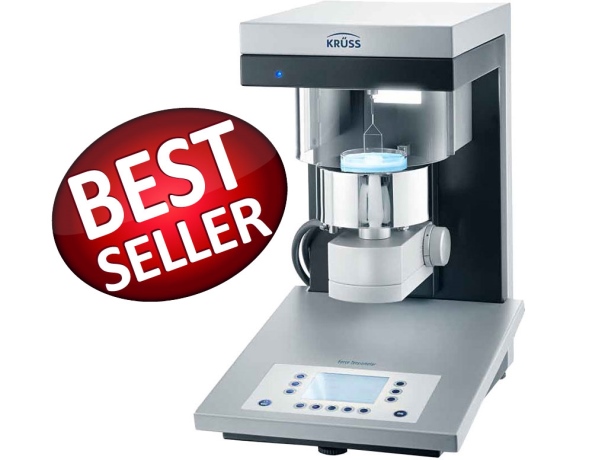Tensiometers, also known as surface tension meters, are instruments designed to measure the surface tension of liquids. They operate based on the principles of intermolecular forces and capillarity, providing insights into the behavior of liquids at interfaces. Tension refers to the force within a liquid that keeps its molecules together. Surface tension, on the other hand, specifically relates to the cohesive forces acting at the surface of a liquid, creating a 'skin' that minimizes surface area.
How Tensiometers Work
Tensiometers typically employ optical, mechanical, or electronic techniques to measure surface tension. Optical tensiometers use light refraction, while mechanical ones rely on the displacement of components due to surface forces.
Principles of Operation
- Tensiometers rely on the principle of capillarity, where the tension in a liquid column is balanced against atmospheric pressure.
- The surface tension meter consists of a porous ceramic cup connected to a pressure gauge via a water-filled tube.
- As soil moisture decreases, water is drawn out of the tensiometer through the porous ceramic cup, creating a negative pressure or tension.
- The pressure gauge measures this tension, providing a reading of soil moisture levels.
Applications of Tensiometers
Tensiometers find applications across various industries, including pharmaceuticals, cosmetics, coatings, and food and beverage. They are instrumental in quality control, product development, and research endeavors.
- Soil Science: Uses in agriculture and soil research to monitor soil moisture levels and optimize irrigation scheduling.
- Engineering: Used in geotechnical and civil engineering for monitoring pore water pressure in soil and rock mechanics studies.
- Materials Science: surface tension meters aid in studying the surface tension of liquids and the wetting properties of materials.
Advantages of Using Tensiometers
- Precise measurements enable accurate formulation and process optimization.
- Real-time data acquisition enhances efficiency and decision-making.
- Versatility allows for a wide range of liquid and surface analyses.
- Non-destructive testing preserves samples for further experimentation.
Factors to Consider When Choosing a Tensiometer
When selecting a tensiometer, factors such as measurement range, accuracy, resolution, ease of use, and software capabilities must be taken into account. Additionally, compatibility with specific liquids and surfaces should be considered.
A leading brand of tensiometers is KRUSS
MRC markets KRUSS tensiometers
